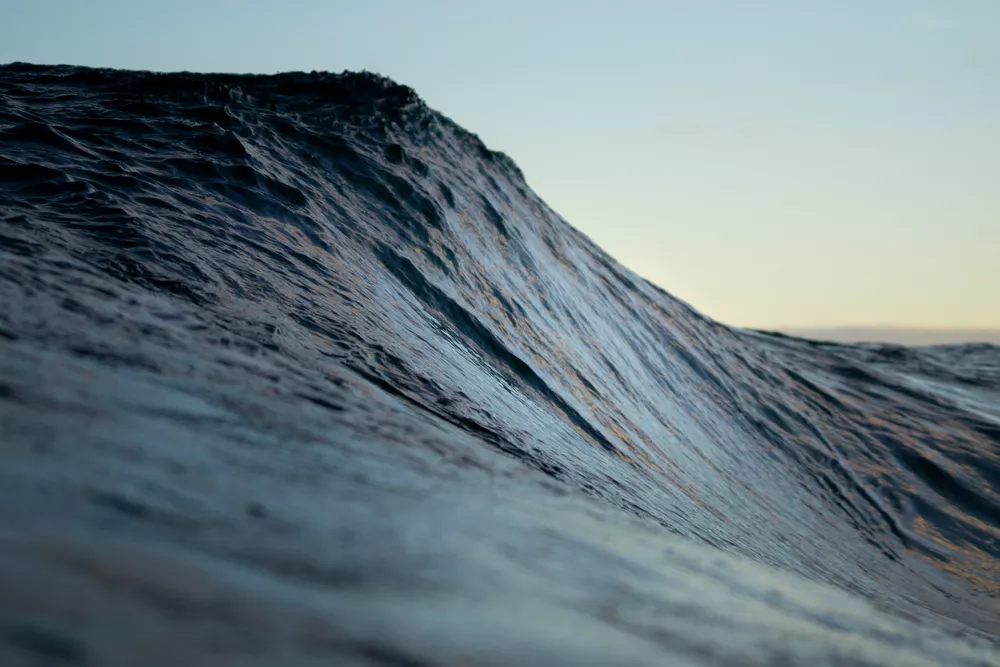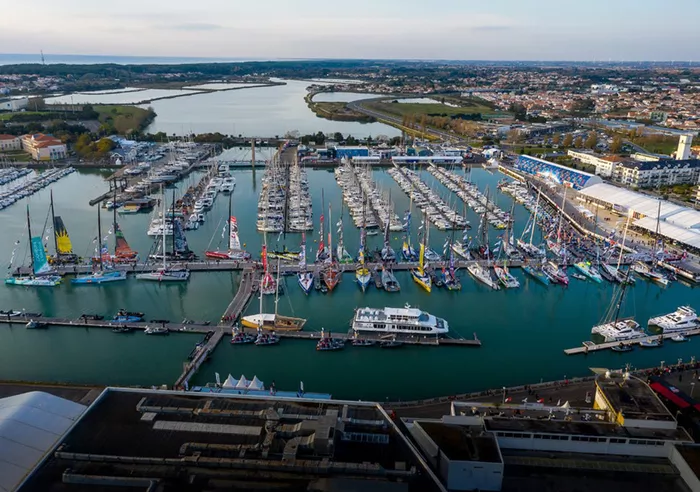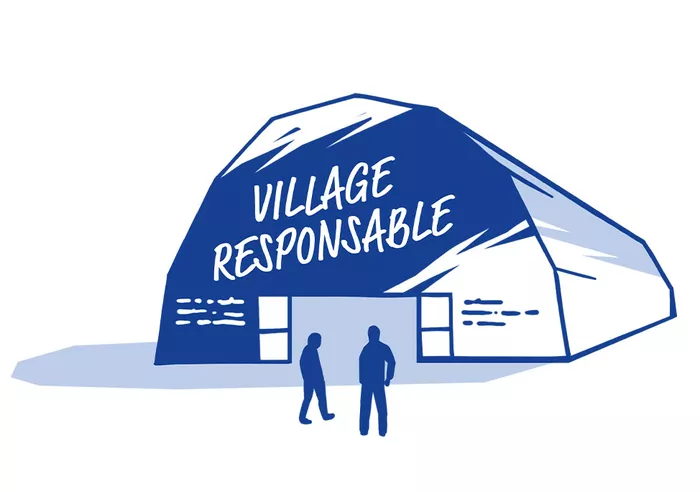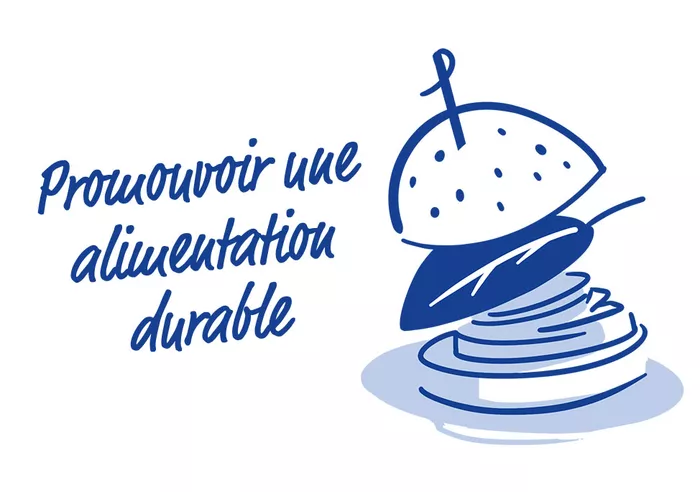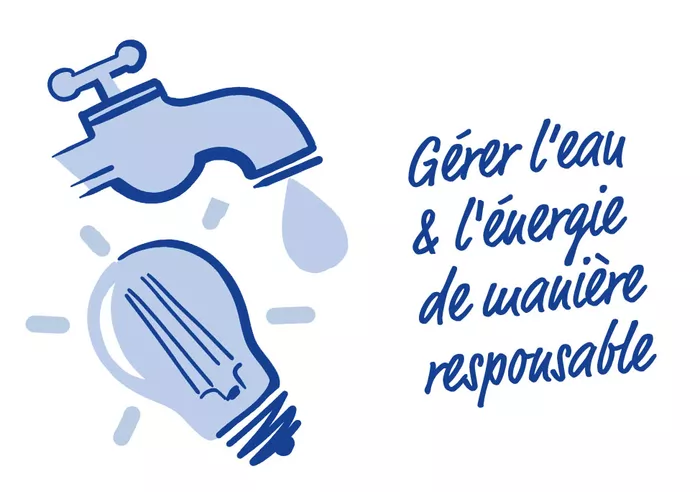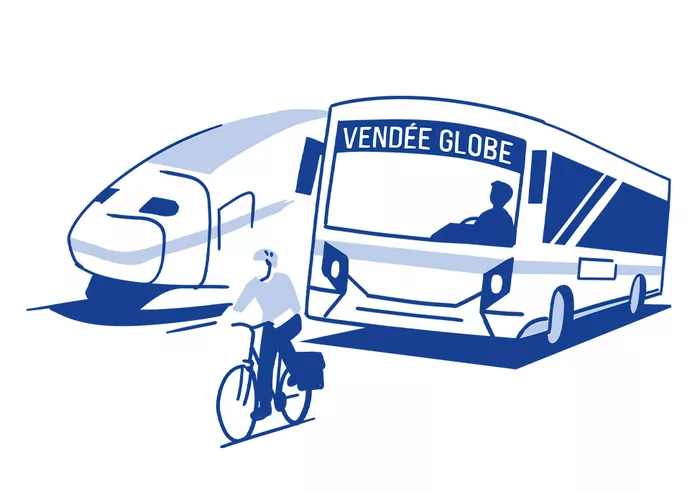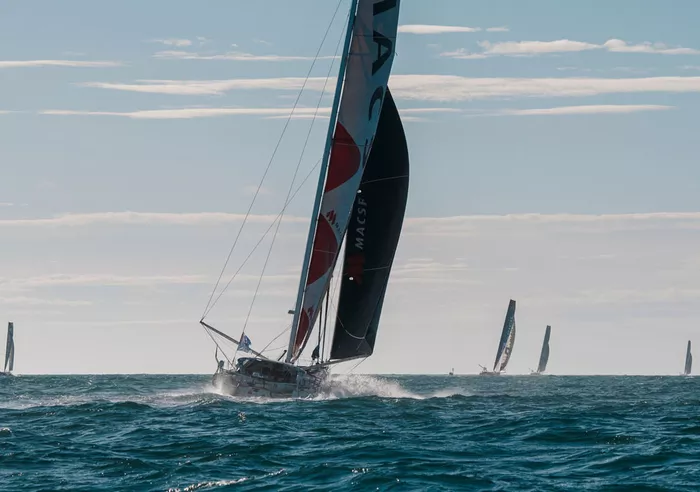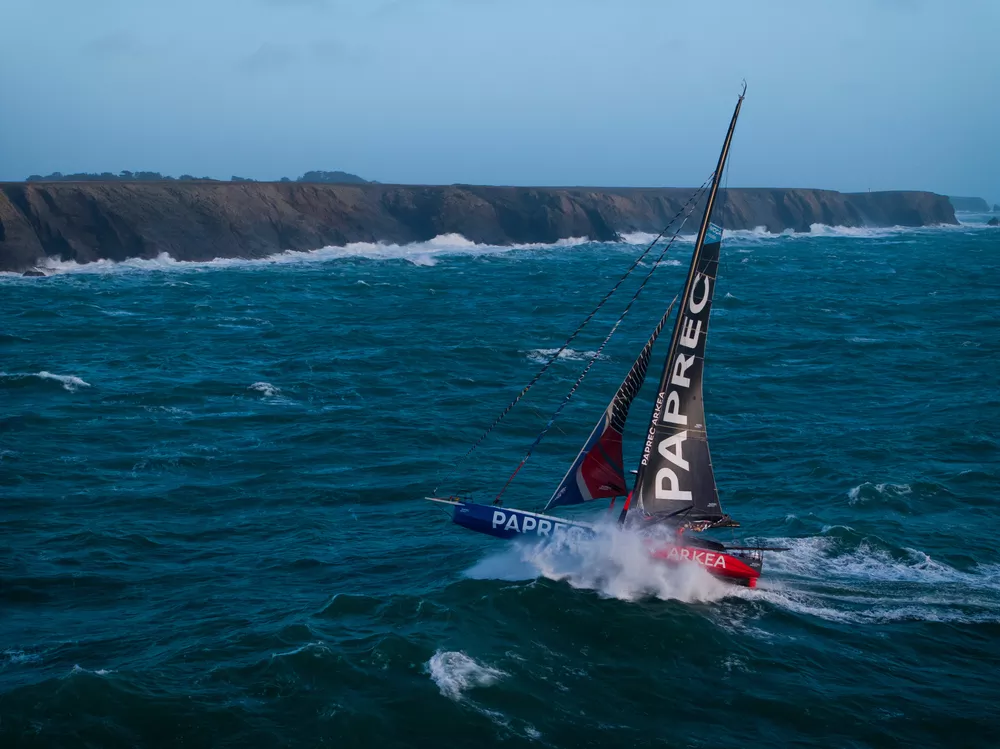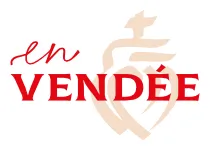Commitment n°2
Involve the Vendée Globe ecosystem
A responsible framework for public tenders
The Vendée Globe organiser, chaired by Alain Leboeuf, who is also President of the Vendée Département, is a Société Anonyme d’Économie Mixte created in 2003. This structure is owned by local authorities such as the Conseil Départemental (majority shareholder), the town of Les Sables d’Olonne and the Pays de la Loire Region, as well as by 32 companies from the economic network of the Vendée. Subject to the public procurement code, its service providers are selected through public tenders. This enables the organisation to include environmental clauses to ensure that it works with companies that share its vision of environmental responsibility.
These clauses now apply to all high-impact sectors. Many contracts, such as the management of the village’s bar and restaurant, are concerned. When the current market is not yet mature enough to offer solutions that match the commitments sought by the Vendée Globe, these clauses send out a strong signal to service providers and initiate discussions aimed at developing these sectors.
